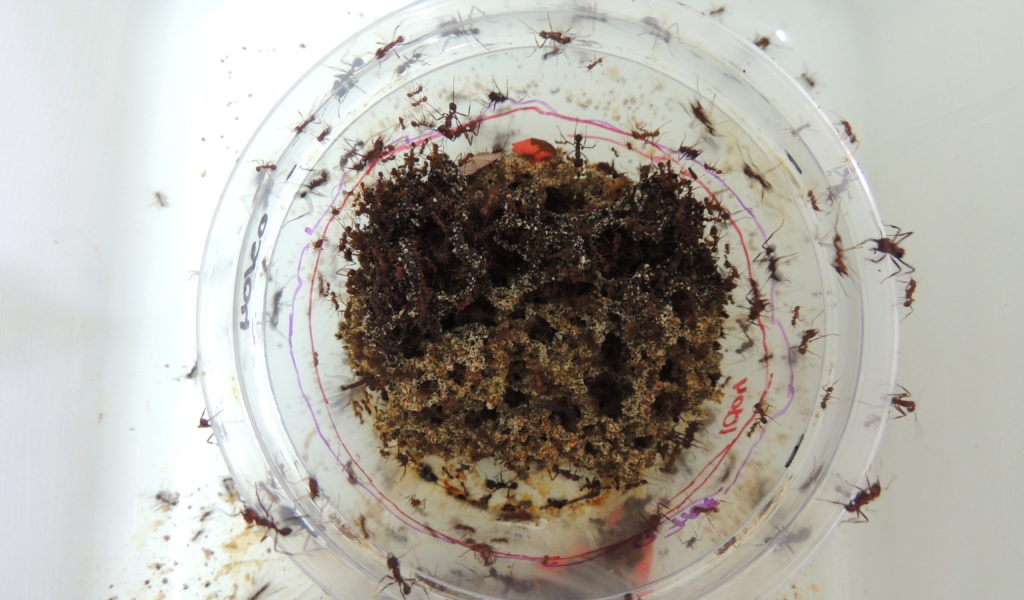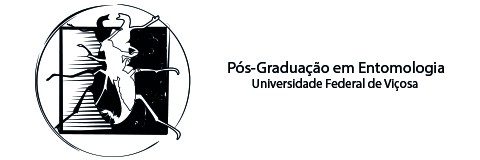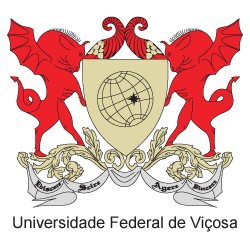Alumni show low virulence of the fungi Escovopsis and Escovopsioides to leaf-cutting ants in new paper

Frontiers in Microbiology recently released a paper by Débora Mendonça and Marcela Caixeta, alumni of the Postgraduate Program in Entomology of UFV, reconsidering the idea that the fungi Escovopsis and Escovopsioides are deadly to leaf-cutting ant. Professor Simon Elliot, Débora and Marcela’s former supervisor, Professor Thiago Kloss, from UFV and Camila Moreira, both alumni from the program, and Gabriel Martins, an undergraduate student are the other co-authors.
Para ler em português, clique aqui.
The study confronts the information, widely disseminated up to now, that the presence of these fungi represent a high risk to leaf-cutting ants. “There are many papers claiming that Escovopsis is terrible for the ants, but those studies frequently analyze only part of the colonies. And we need to consider everything – the role of the ants in the symbiosis as well as the other elements, such as the queen, that comprise the colonies. When we did this, we showed that Escovopsis is not able to eliminate the colonies”, explains Débora, who started the research during her Masters degree.
Professor Elliot says that this is the first time that such a study has been conducted including whole colonies. “While it is still a laboratory study, we used a very high dose of the fungi, much higher than it would be in the field, and the colonies did not die. So, this idea of high virulence must be revised.”
Marcela followed Debora’s research during her doctorate. She believes that the paper will have a high impact. “This is a very important study because it is completely new, especially when we consider the results. It certainly opens space for new studies and ideas about the fungi and their virulence, causing us to review what was considered truth.”
Biological control
“This change is very important to understand the relationship between the leaf-cutting ants and the parasite, giving us the chance to improve the strategies of biological control”, says Débora. The presence of the insects may be harmful to different kinds of plants, especially eucalyptus. “They cause considerable problems. If we analyze only part of the colonies, we waste time and money with control that may, in fact, not work.”
 Programa de Pós-Graduação em Entomologia
Programa de Pós-Graduação em Entomologia